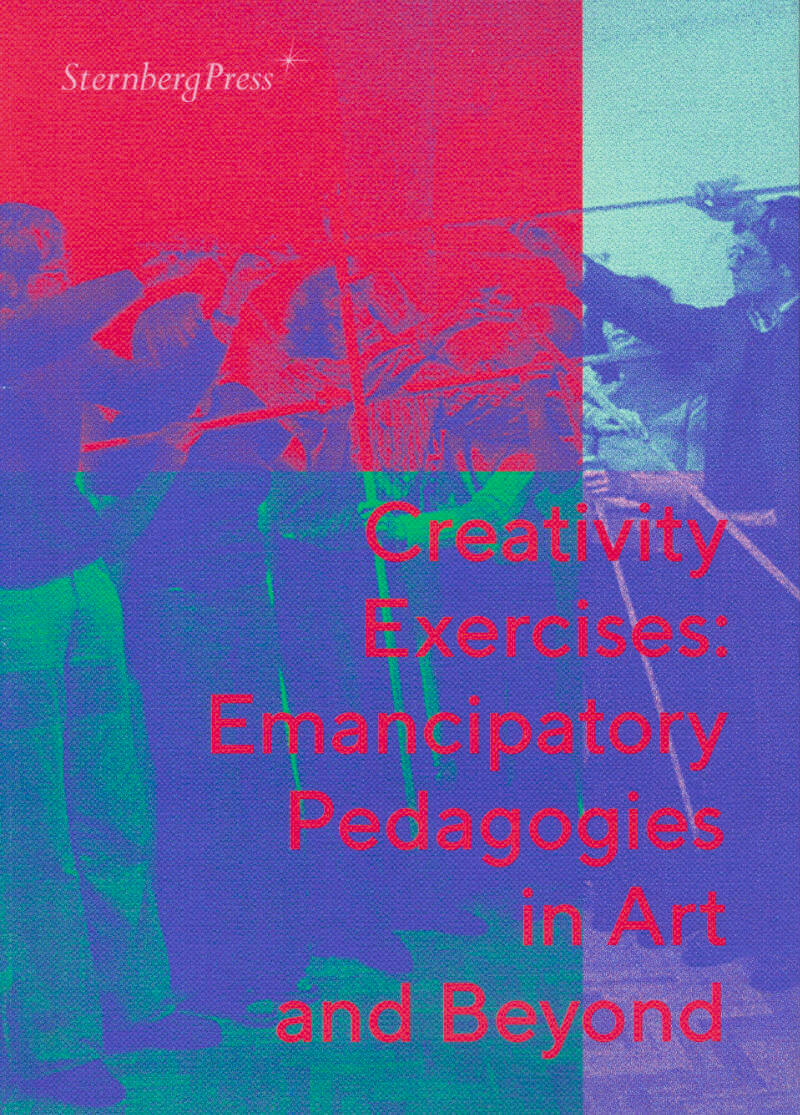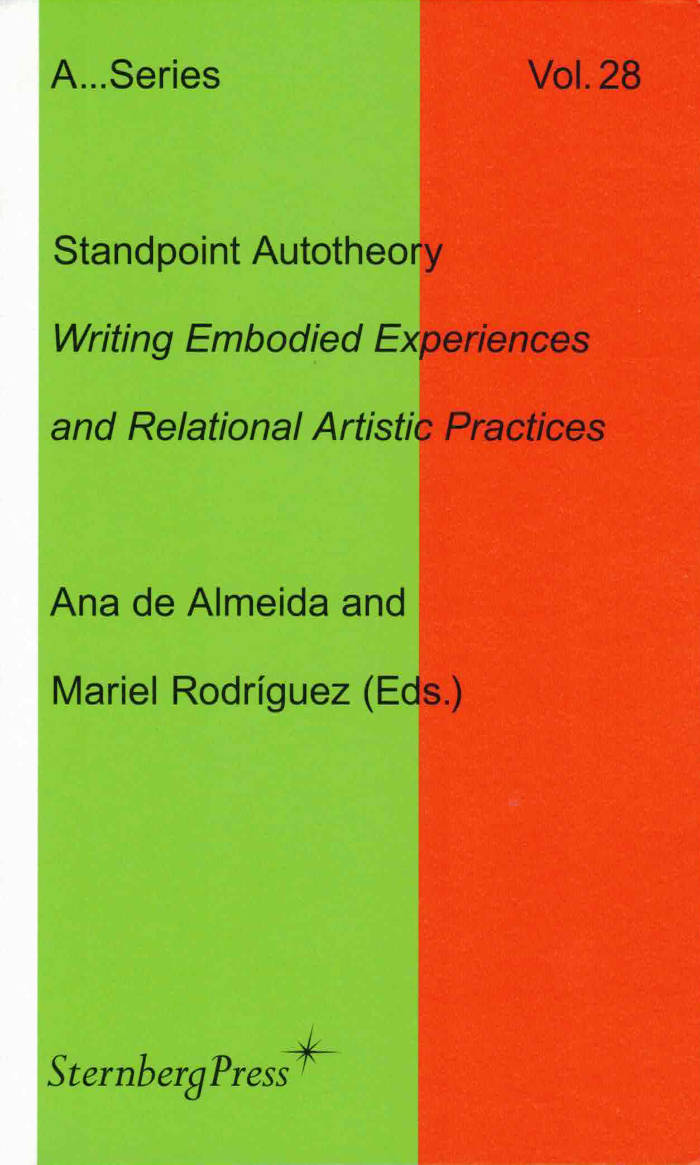
Creativity Exercises
Franciska Zólyom ed., Zsuzsa László ed., Dóra Hegyi ed.
The book contextualizes the Creativity Exercises—an amateur art course led by neo-avant-garde artists Miklós Erdély and Dóra Maurer in Budapest from 1975 to 1977—within the postwar intellectual networks that connected artists, architects, educators, sociologists and other socially engaged professionals, fostering the exchange of ideas and concepts and making connections between different fields of knowledge.
How do people learn, what do they know, and how does it influence their personality, their behavior and their position in society? These questions were the focus of the research project and exhibition series entitled “Creativity Exercises” between 2014 and 2016, which displayed historical and contemporary art projects experimenting with alternative forms of learning, spanning three exhibition stations: Galerie für Zeitgenössische Kunst Leipzig, tranzit.hu in Budapest, and the Museum of Modern Art in Warsaw.
The first part of the publication consists of historical texts translated into English for the first time, including the exercise descriptions that functioned as the curriculum for the Creativity Exercises, studies written on the methods employed in the Creativity Exercises course, and parallel models for progressive pedagogies and art education. In the second part of the book, newly commissioned essays offer historical and transnational context for the “case study” of the Creativity Exercises course. The impact that such “creativity exercises” had on aesthetic, educational and institutional concepts, and the impulses for participation, co-creation, knowledge production and exchange that they continue to give—even beyond the realm of art—are the central themes of the book.
Texts by Ferenc Mérei & Tamás St. Auby, László Beke, Ildikó Enyedi, Miklós Erdély, Éva Forgács, Janna Graham, Dóra Hegyi, Sándor Hornyik, Zsolt K. Horváth, Emese Kürti, Zsuzsa László, Dóra Maurer, Marion von Osten, Axel Wieder.
Language: English





